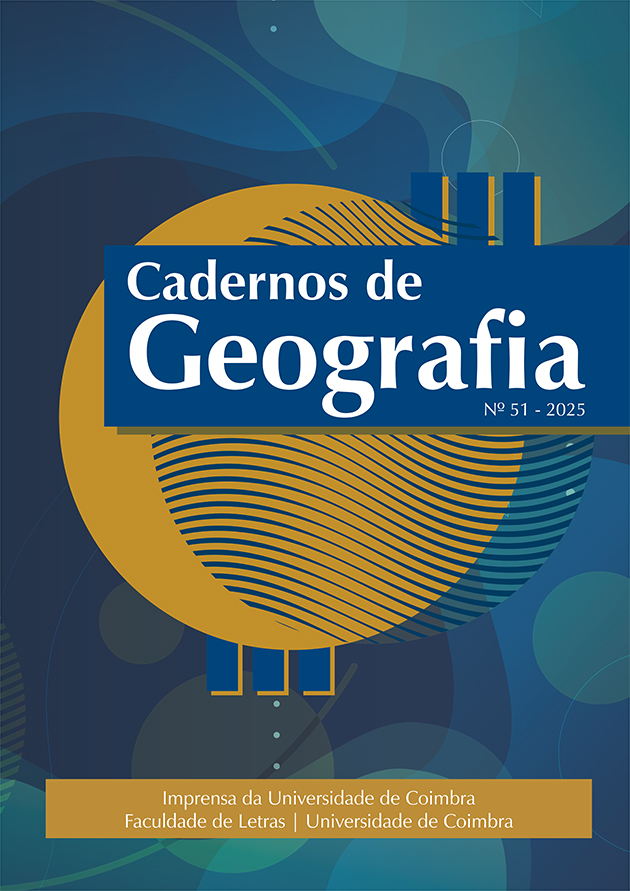Social political and minority narratives in universities’ tourist attractions
DOI:
https://doi.org/10.14195/0871-1623_51_6Keywords:
campus-based tourism, minority narratives, political discourses, inclusive tourism, university museumsAbstract
Universities are privileged institutions to spread awareness and to start debates about current issues, namely social political and minority topics. Also, recently, certain universities have needed to acknowledge previous (and current) problematic power relations and dissonant heritage within and related to their structures. The purpose of this research is to discuss how tourism is enabling universities to reflect internally and develop external discourses about their past positioning in political and minority issues and their current critical and educational role on the same issues, by identifying tourist initiatives and/or products explored in universities. The collection of examples is based on the consultation of forty-eight institutional websites of universities worldwide and complemented by direct observation in European universities and by previous literature. Results show that several themes are being explored – slavery, ethnic stories and indigenous representation, gender identity and sexual orientation, mental health, challenge to dominant powers, sociocultural diversity within political territories, and other social and territorial marginalised groups – through different tools and strategies. The benefits of the inclusion of minority narratives in university attractions, as well as some concerns and possible directions for future research, are discussed.
Downloads
Downloads
Published
Issue
Section
License
Copyright (c) 2025 Cadernos de Geografia

This work is licensed under a Creative Commons Attribution 4.0 International License.
Authors retain copyright and grant the journal right of first publication with the work simultaneously licensed under a Creative Commons Attribution License that allows sharing the work with recognition of authorship and initial publication in Antropologia Portuguesa journal.











